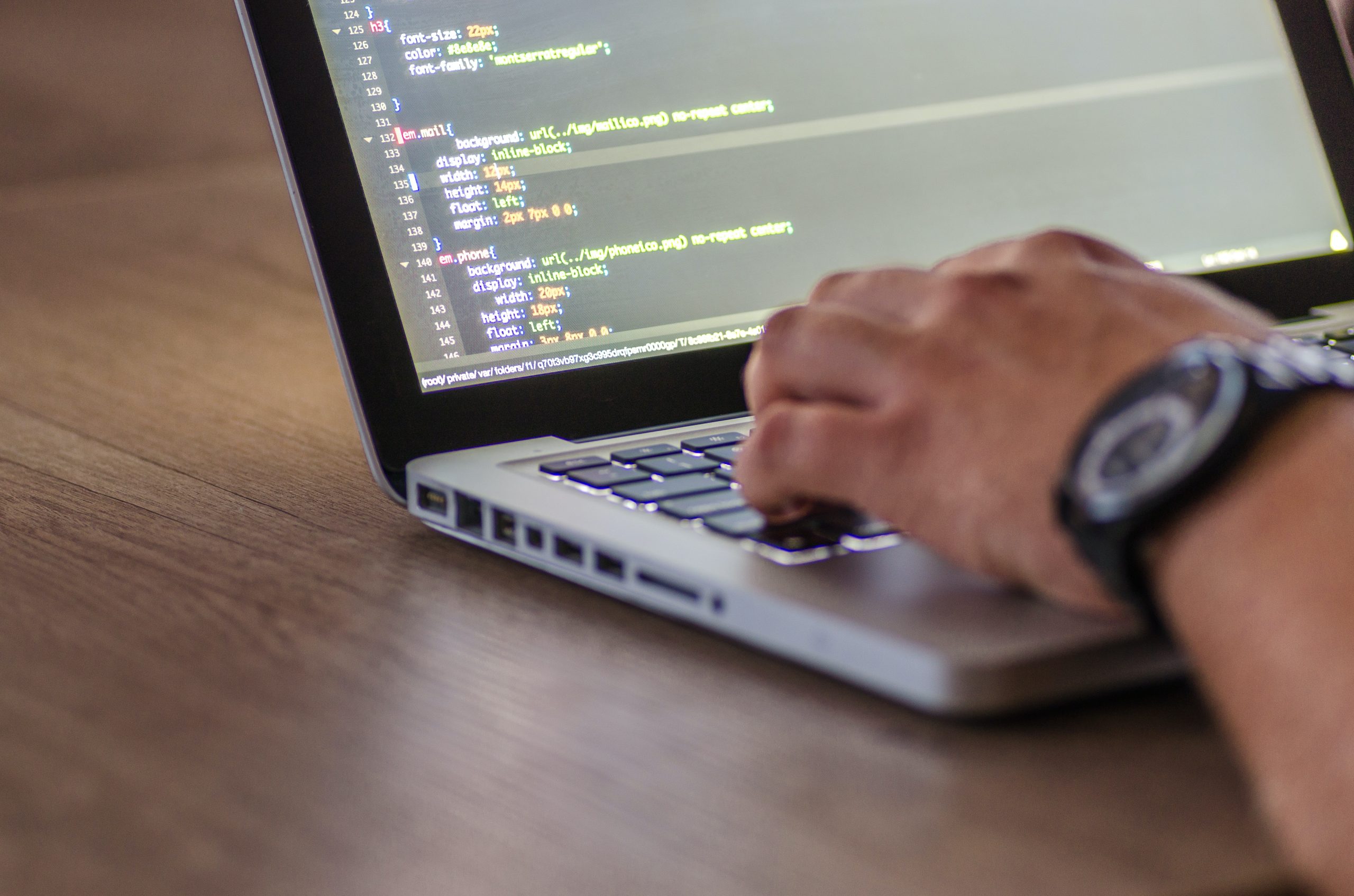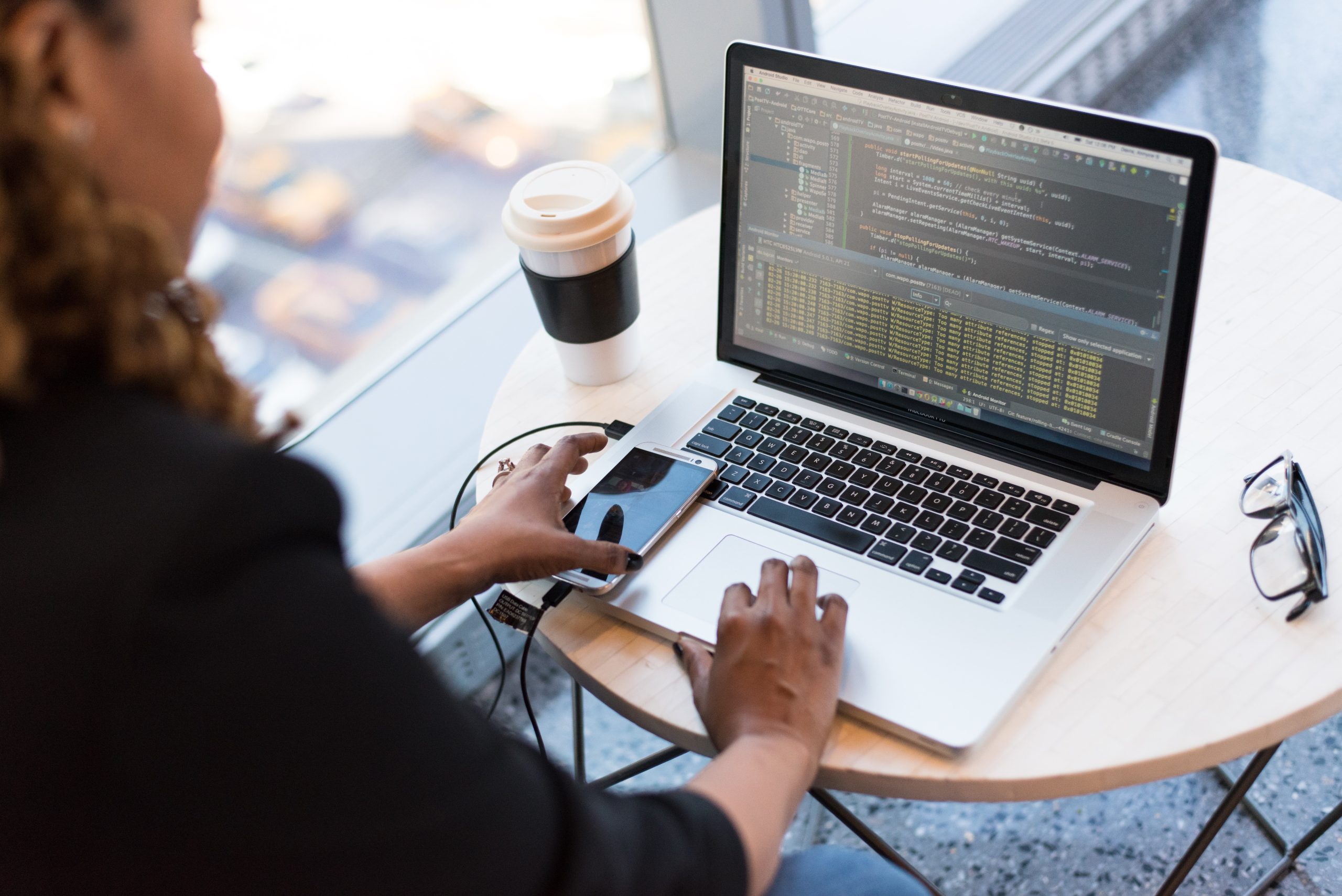Coding is the language of the modern world. From websites to mobile applications, and computer programs to video games, coding has become an essential part of our daily lives. And the good news is that you don’t need a degree in computer science to start coding. With the right resources and guidance, anyone can learn to code. In this article, we will discuss how to start coding, the ultimate guide for beginner programmers.

1. Choose a Programming Language
The first step to start coding is to choose a programming language. There are hundreds of programming languages out there, and choosing the right one can be overwhelming. However, it is essential to choose a language that is beginner-friendly and has a large community. Some of the popular programming languages for beginners include Python, Java, JavaScript, and C++. Python is a great language for beginners as it is easy to learn, has a simple syntax, and is widely used in the industry.
2. Set a Goal
Before you start coding, it is crucial to set a goal. What do you want to achieve with coding? Do you want to build a website or a mobile application? Or do you want to learn to code just for fun? Setting a goal will give you direction and motivation to learn. It will also help you choose the right programming language and resources.
3. Learn the Basics
Once you have chosen a programming language and set a goal, it’s time to learn the basics. The basics of coding include variables, data types, operators, conditional statements, loops, functions, and classes. You can learn the basics of coding from online resources, books, or coding courses. Codecademy, Udemy, and Coursera are some of the popular online learning platforms for coding.
4. Practice Coding
The best way to learn to code is by practicing. Start with simple coding exercises and gradually move on to complex projects. You can find coding exercises on online platforms like HackerRank and LeetCode. You can also practice coding by building small projects like a calculator, a to-do list, or a game. Practicing coding will help you gain confidence and improve your coding skills.

5. Join a Community
Joining a coding community can be helpful for beginner programmers. You can ask for help, get feedback on your code, and learn from other programmers. Reddit, Stack Overflow, and GitHub are some of the popular coding communities. You can also join coding forums and attend coding meetups to network with other programmers.
6. Build a Portfolio
Building a portfolio of your coding projects is essential if you want to pursue a career in coding. A portfolio showcases your coding skills and projects to potential employers. You can build a portfolio by showcasing your coding projects on GitHub, creating a personal website, or building a mobile application. Your portfolio should include your best projects and a brief description of your coding skills.
7. Get Feedback
Getting feedback on your coding projects is crucial to improving your coding skills. You can get feedback from other programmers, coding communities, or by attending coding meetups. Feedback can help you identify your strengths and weaknesses and improve your coding skills. You should also be open to constructive criticism and use it to improve your coding skills.
8. Never Stop Learning
Coding is a constantly evolving field, and it’s essential to keep learning. You should stay up-to-date with the latest coding trends and technologies. You can learn new coding skills from online resources, coding courses, or by attending coding conferences. Continuous learning will help you stay competitive in the job market and improve your coding skills.
Learning to code can be challenging, but it’s also rewarding. With the right resources and guidance, anyone can learn to code. In this article, we discussed how to start coding, the ultimate guide for beginner programmers. We covered choosing a programming language, setting a goal, learning the basics, practicing coding, joining a community, building a portfolio, getting feedback, and never stopping learning. By following these steps, you can start your coding journey and become a proficient programmer.